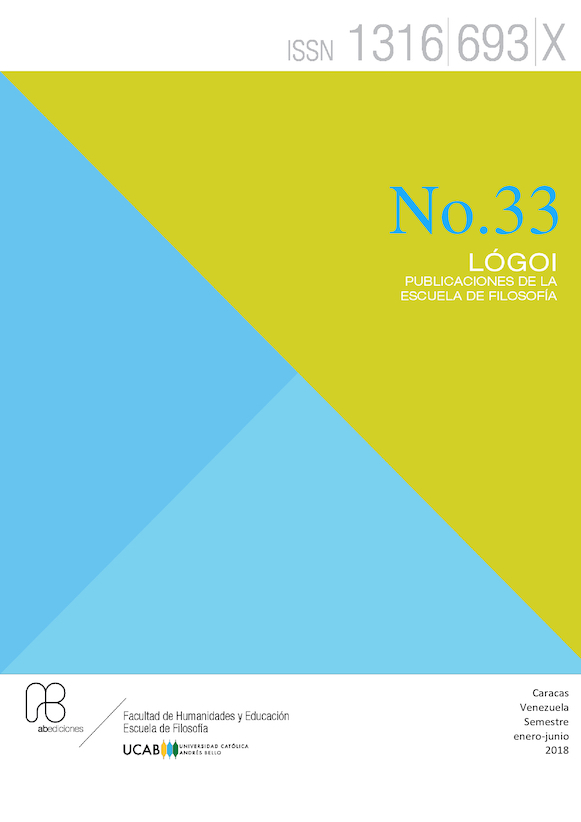The problem about the explanatory gap. The conceptual analysis as a non reductionist approach
DOI:
https://doi.org/10.62876/lr.vi33.3627Keywords:
Esplanatory gap, conceptual analysis, conscience, reductive materialism, a priori linkAbstract
What is known as ‘the problem of the explanatory gap is explained within the framework of the philosophy of mind? In view of the difficulties of reductive materialism in relating physical terms with phenomenological terms, which account for consciousness as a macroscopic phenomenon, an epistemic approach is presented, by Chalmers and Jackson, to address the problem of the gap through conceptual analysis. The intention is to justify the necessity of an a priori relation between physical and phenomenal terms.
Downloads
References
Chalmers, D. y Jackson, F.: “Conceptual Analysis and Reductive Explanation”, Chalmers, D., The Character of Consciousness. (New York, Oxford University Press, 2010).
Chalmers, D.: La mente consciente. En busca de una teoría fundamental, (Barcelona, Gedisa, 1999 (1996)).
Chalmers, D.: The Character of Consciousness, (New York, Oxford University Press, 2010).
Jackson, F.: “What Mary Didn’t Know”, pp. 567-570, Block, N; Flanagan, O; Güzeldere, G (eds.),The Nature of Consciousness. Philosophical Debates, (Massachusetts, Massachusetts Institute of Technology, 1997).
Levine, J.: “Materialism and Qualia. The explanatory gap”,pp. 354-361, Chalmers, D (ed.), Philosophy of Mind. Classical and Contemporary Readings, (New York, Oxford University Press, 2002).
Published
How to Cite
Issue
Section
License
Copyright (c) 2022 Array

This work is licensed under a Creative Commons Attribution-NonCommercial-ShareAlike 4.0 International License.






.png)












